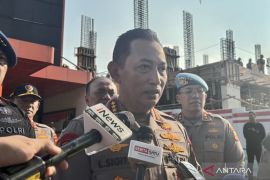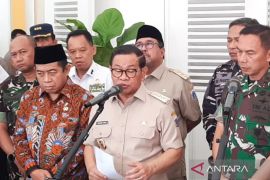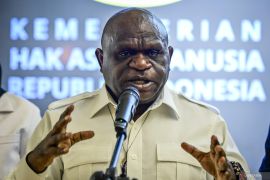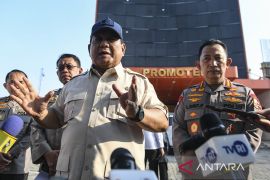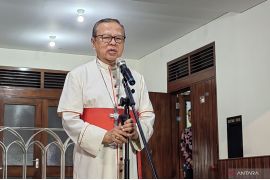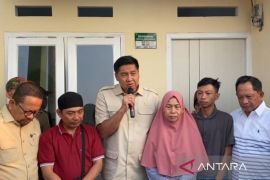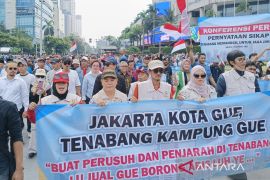Around 88 percent of the domestic companies did not conduct hedging as a result of which they will face a higher risk in case of exchange rate fluctuations, the central bank Governor Agus Martowardojo said.Jakarta (ANTARA News) - Bank Indonesia has called on companies in the country having foreign debts to conduct hedging transactions as part of their risk management activities to mitigate the impact of a possible global economic upheaval.
"BI keeps monitoring foreign currency risks especially their exchange rates. We have seen that foreign debts have continued to grow and even the debts of private companies in 2014 have already been more than the governments debts," the central bank Governor Agus Martowardojo stated at a coordination meeting at the State Audit Board office here on Wednesday.
He pointed out that around 88 percent of the domestic companies did not conduct hedging as a result of which they will face a higher risk in case of exchange rate fluctuations.
"We are trying to maintain the stability of the exchange rate, and hedging is one of the main solutions, so that our companies have better and more accountable performance," he asserted.
Agus hailed the initiatives to implement risk management through hedging, but it must be done appropriately and using the right procedure.
"Hedging must be conducted based on the standard operating procedures. If costs are incurred then it will not be the states loss. It must be done carefully and with the belief that no moral hazard happens in it," he emphasized.
The countrys rupiah currency appreciated by 0.36 percent at the opening of trade to Rp11,928 per US dollar on Wednesday.
On Tuesday, it closed at Rp11,971 against the US dollar.
The stability of the rupiah is still influenced by both domestic and external sentiments, including geopolitical dynamics, economic developments in China, and the possibility of the Fed prematurely normalizing its quantitative easing policy.
Among the domestic factors that may affect the rupiah exchange rate, meanwhile, include investors stance to wait and observe the future governments policies, including the energy subsidy.
Joko Widodo is scheduled to take over as president from current President Susilo Bambang Yudhoyono on October 20 following his victory in the presidential election on July 9. (*)
Editor: Heru Purwanto
Copyright © ANTARA 2014
